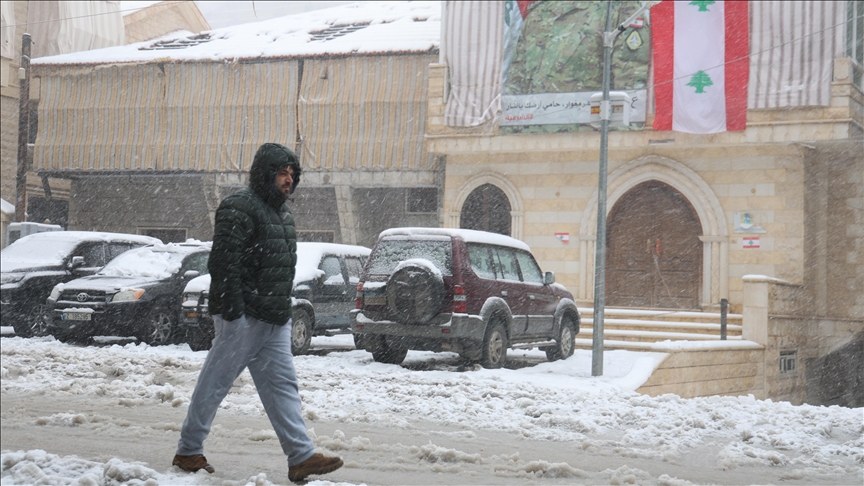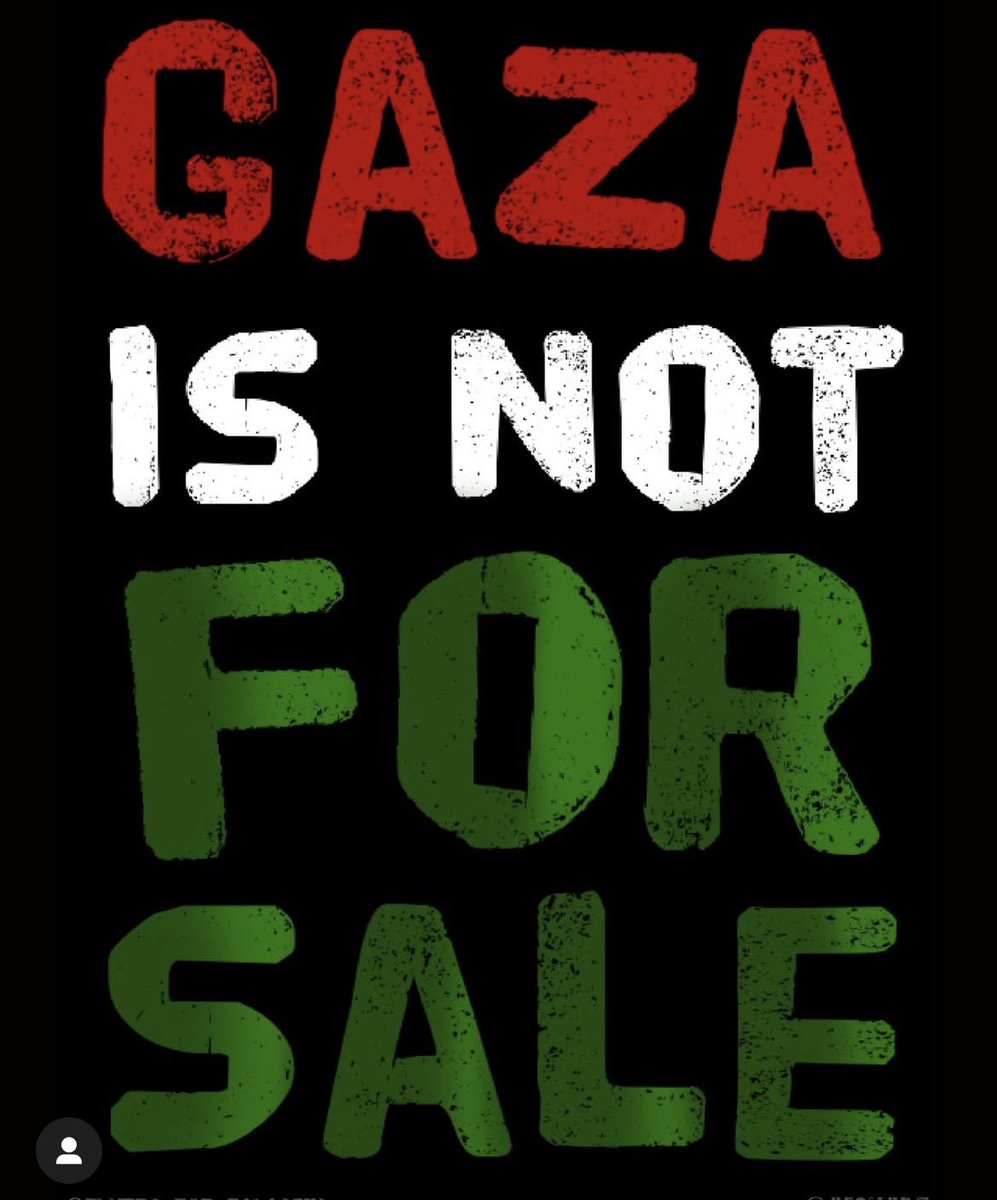Saudi Arabia has reaffirmed its stance on Palestinian statehood, stating that normalization with Israel will not happen without an independent Palestinian state with East Jerusalem as its capital. The Saudi Foreign Ministry issued the statement at 4:00 a.m. on Tuesday, directly contradicting remarks made earlier by US President Donald Trump.
The statement emphasized that Saudi Arabia’s position on the Palestinian issue is “firm and unshakable.” It cited Crown Prince Mohammed bin Salman’s speech on September 18, 2024, during the opening of the Shura Council’s ninth session. In that speech, the crown prince made it clear that the kingdom remains committed to the establishment of a Palestinian state and will not establish diplomatic ties with Israel without it.
The ministry also referred to the extraordinary Arab-Islamic summit in Riyadh on November 11, 2024. During the summit, the crown prince reiterated Saudi Arabia’s commitment to a Palestinian state based on the 1967 borders. He also urged more countries to recognize Palestine and called on the international community to support Palestinian rights.
The Saudi statement came just hours after Trump claimed that Saudi Arabia no longer insists on Palestinian statehood as a condition for normalization with Israel. His remarks sparked speculation about a potential shift in Saudi policy, but the Foreign Ministry’s statement dismissed any such notion.
The ministry stressed that Saudi Arabia rejects any infringement on Palestinian rights. It condemned Israeli settlement expansion, land annexation, and forced displacement of Palestinians. It also called on the international community to ease the severe humanitarian suffering in Palestine.
Saudi Arabia reaffirmed that its stance is non-negotiable. “Permanent and just peace cannot be achieved without the Palestinian people obtaining their legitimate rights in accordance with international resolutions,” the statement read. The ministry also noted that this position has been clearly communicated to both the previous Biden administration and the current administration according to the Quds News Network.











